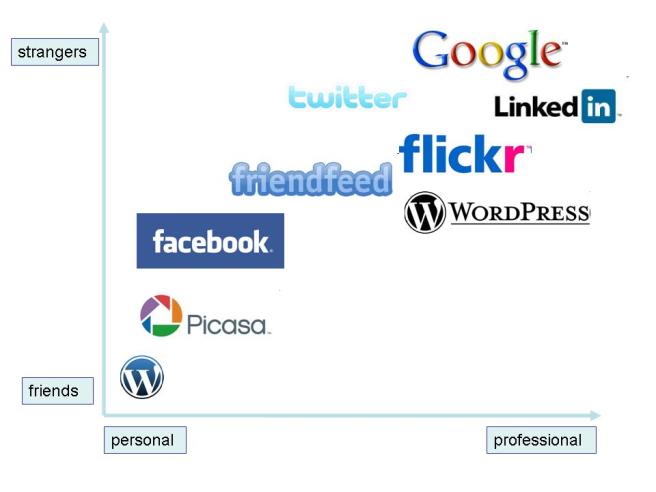“The Streisand Effect” refers to an attempt to censor a piece of information that backfires because it brings more attention to the information than would have occurred without the attempted censorship.
At the risk of Streisanding the hell out a minor comment, I’ll talk about something I’d rather censor. Noting the rather dated news of my departure from my prior company, an anonymous commenter to an anonymous and erroneous blog post recently said:
Thank goodness they finally got rid of this guy. He was the worst hire the company ever made.
Here’s what I have to say about that: I like to think it could very well be true.
I like the idea that there are some people who took a good hard look at the history and said, ‘Yep, this guy was terrible, he almost destroyed the place, good bye and good riddance!’ Because that would mean that I was in a position to make some important decisions, and that I made decisions at the risk of being unpopular – that I did much more with the opportunity than just quietly collect a paycheck.
Now, please don’t misunderstand this: I’m not saying that the critics are wrong, that they don’t understand, that I was both righteous and right. Even my own review of my Linden tenure welcomes ambiguous judgment. Obviously, I think and I hope that I did good things, but I could certainly be wrong, I could certainly be delusional.
But the one thing I don’t want to be is simply in the middle. I don’t want anyone’s assessment to be, ‘Well, he was neither among the worst nor among the best, he was just there and he didn’t do a damn thing.’ To me, that’s a lot worse than being the worst.
So, if you had any opportunity to think about my work, and you thought I was the worst, then I thank you. Let me give you my special gift in return:
I hereby waive any right I may have to sue you for libel for any statements you make about my work at Linden Lab, so long as:
- your statements are posted exclusively by you on a blog open to anyone with Internet access; and
- you post with your real name; and
- the blog accepts comments from anyone; and
- the post in question prominently links back to this blog post.
Simple enough, yes? Forget Streisand, I call this the Safety Dance.
And you can act real rude and totally removed
And I can act like an imbecile
